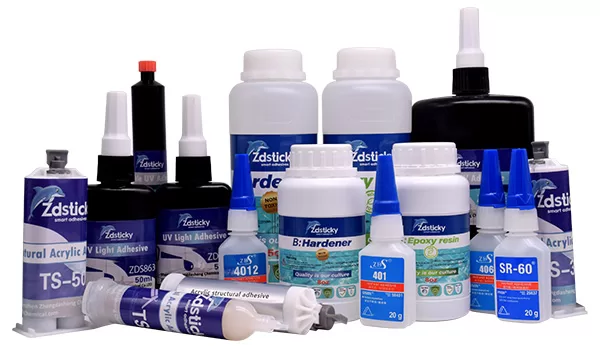What is RTV Silicone Used For?
RTV silicone, short for Room Temperature Vulcanizing silicone, is a versatile material with an array of applications. This particular type of silicone cures at room temperature when exposed to moisture, which makes it a go-to solution for a wide range of industries. Whether you’re sealing, bonding, or insulating, RTV silicone plays a critical role in various manufacturing, construction, automotive, electronics, and home repair projects.
![]()
Understanding RTV Silicone
RTV silicone is a form of silicone rubber that remains in a paste-like consistency until it reacts with moisture in the air. Once exposed to moisture, it begins curing to form a durable, flexible, and heat-resistant rubber that can withstand a broad spectrum of conditions. It can be used in a variety of forms, from sealants and adhesives to gaskets and coatings. Its versatility, along with its ability to perform in high temperatures, harsh chemicals, and extreme conditions, has made RTV silicone a highly sought-after material in both industrial and domestic settings.
Common Applications of RTV Silicone
RTV silicone finds application in many industries and processes. Some of the most popular uses include:
1. Automotive Industry
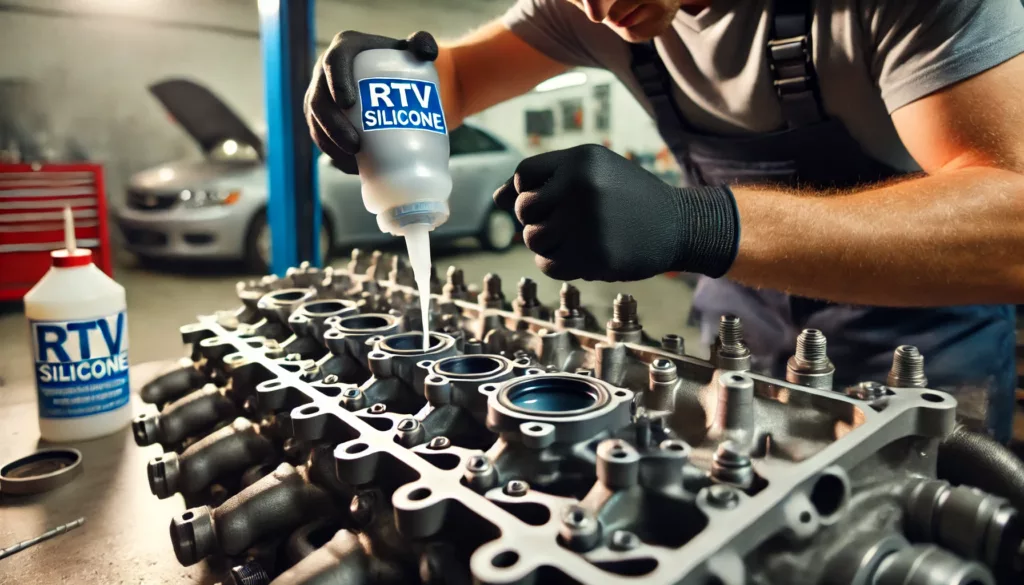
One of the most significant applications of RTV silicone is in the automotive industry. It is used for sealing engine components, transmission systems, and gaskets. RTV silicone is ideal for creating custom seals that can withstand the high temperatures, vibrations, and fluid exposure typical of automotive engines. Some key uses include:
- Engine gaskets: RTV silicone forms durable seals between engine parts, preventing leaks of oil, coolant, and exhaust gases.
- Windshield and window seals: It ensures a watertight bond between windows and the car body.
- Intake manifolds and timing covers: RTV silicone provides a strong seal that can resist high-pressure and temperature fluctuations.
2. Electronics
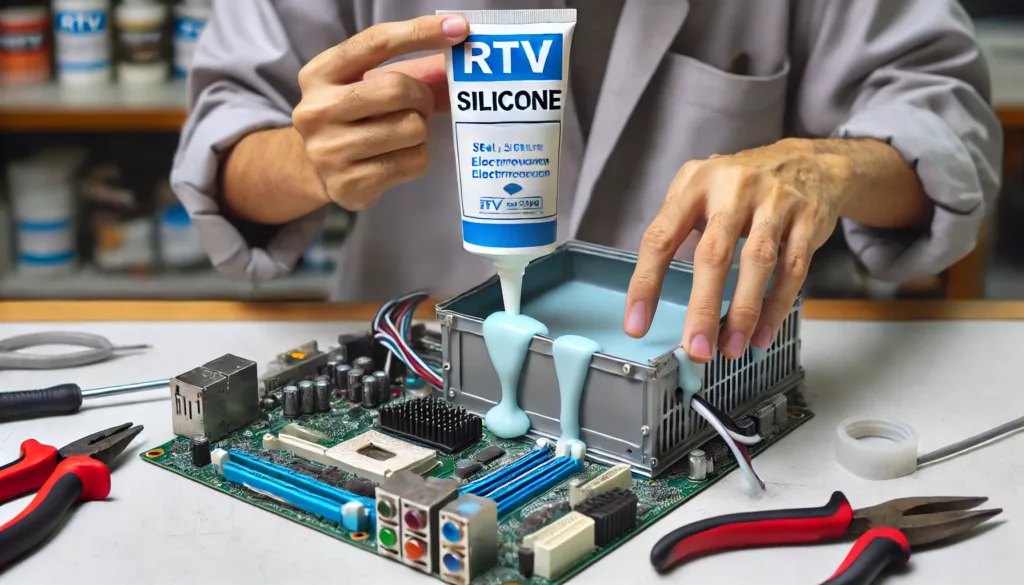
RTV silicone is an excellent choice in the electronics industry for applications such as insulating, bonding, and protecting sensitive components. It is frequently used to:
- Seal electrical enclosures: Protects electronics from moisture and dust, helping maintain the integrity of electrical systems.
- Adhesive for components: It bonds delicate parts together while allowing for some flexibility.
- Thermal management: Helps dissipate heat by insulating various electronic parts.
3. Construction and Home Repairs
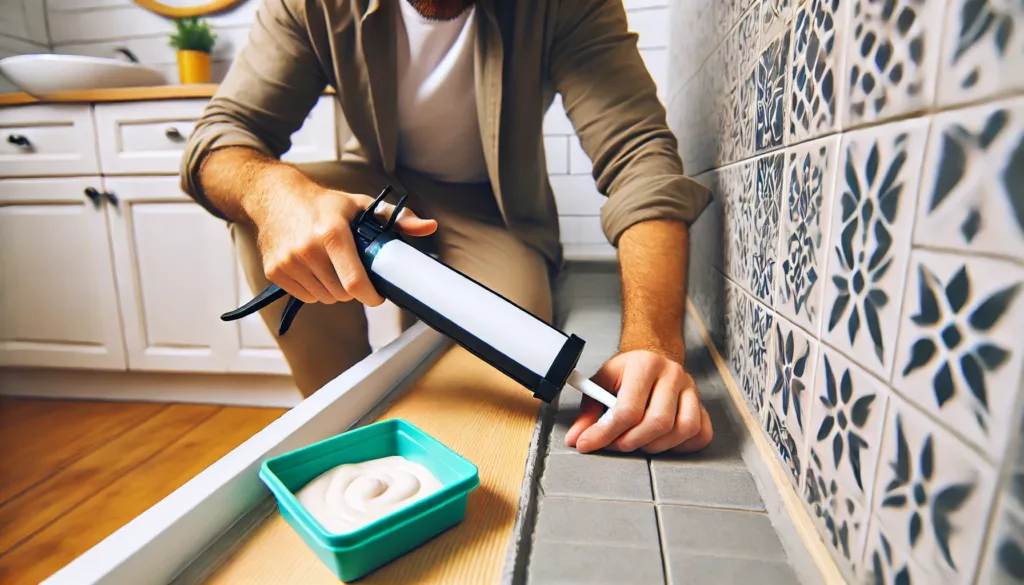
RTV silicone is widely used in construction and home improvement for its ability to provide an airtight and waterproof seal. Some common applications in this area include:
- Caulking and sealing: RTV silicone is commonly used to seal gaps and joints in bathrooms, kitchens, windows, and doors to prevent water leakage and drafts.
- Glass bonding: It is used to bond glass panes securely in windows and other glass structures.
- Tile and countertop sealing: RTV silicone is often used to seal gaps between tiles or countertops, ensuring that water doesn’t seep in.
4. Marine Industry
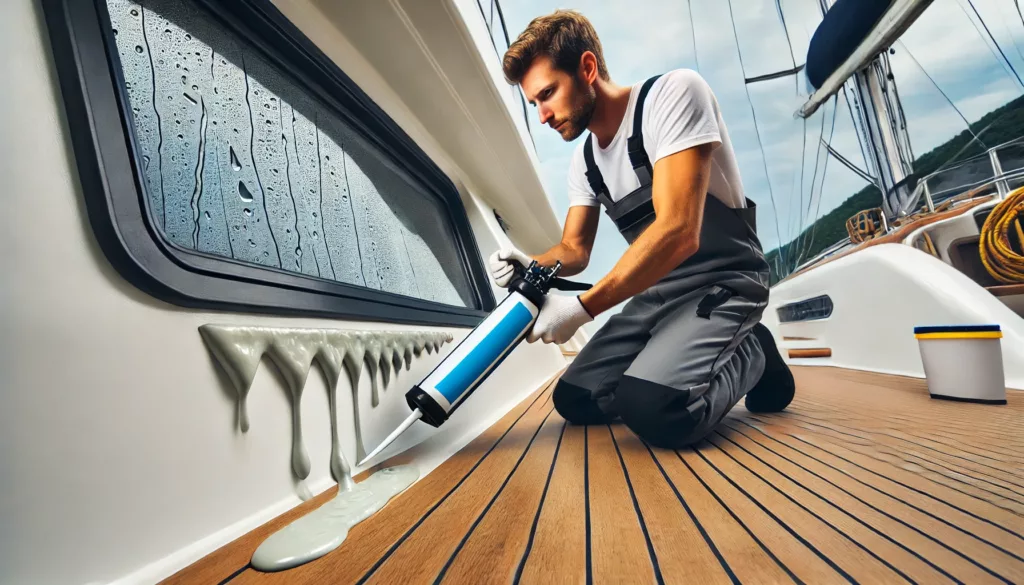
In the marine industry, RTV silicone plays a pivotal role in creating seals that protect boats, yachts, and other vessels from the damaging effects of water. Key applications include:
- Hull sealing: It prevents water from entering the vessel and maintains the integrity of the hull.
- Sealing boat windows and hatches: RTV silicone ensures these areas remain water-tight and secure.
- Bonding parts: It is used to bond various materials like fiberglass and metals found in marine vessels.
5. Manufacturing
RTV silicone is also extensively used in manufacturing for both sealing and insulating purposes. From molding and casting to gasket production, RTV silicone can provide durable, reliable results. Some common applications are:
- Molding and casting: RTV silicone is used for making molds of parts and components, allowing for precise replication.
- Gaskets and seals: Used to create custom gaskets that are resistant to extreme temperatures and chemicals.
6. Medical Field
In the medical field, RTV silicone has found use due to its biocompatibility and durability. It’s often used in the creation of prosthetics and other medical devices that require strong yet flexible seals. Some specific uses include:
- Prosthetic linings: RTV silicone is used in the production of prosthetic devices that need to be durable, flexible, and resistant to wear.
- Medical tubing: Silicone-based materials can be used for medical tubes that require a high degree of flexibility and resistance to bacteria.
Why Choose RTV Silicone?
The popularity of RTV silicone comes down to its unique properties. Here’s why many industries choose RTV silicone over other materials:
1. Temperature Resistance
RTV silicone can withstand extreme temperatures, ranging from -50°F (-46°C) to 550°F (288°C). This makes it an ideal material for applications where exposure to heat or cold is inevitable.
2. Flexibility and Durability
Once cured, RTV silicone becomes a highly flexible material that can withstand physical stress, vibrations, and movement without cracking or losing its effectiveness. This is why it’s so useful in sealing engines, electronics, and automotive parts.
3. Waterproof and Weatherproof
RTV silicone is naturally waterproof and weather-resistant. This makes it perfect for outdoor applications like sealing windows, doors, and boat parts, where exposure to rain, snow, or humidity could otherwise lead to damage.
4. Chemical Resistance
RTV silicone is highly resistant to a variety of chemicals, including acids, oils, and solvents. This property makes it essential in industries where materials are exposed to harsh substances, such as automotive, chemical processing, or manufacturing environments.
5. Easy to Apply
Unlike other materials that may require high heat or complex curing processes, RTV silicone is easy to apply. It can be spread, molded, or extruded into place, and it cures on its own with minimal time and effort.
How to Use RTV Silicone
Applying RTV silicone is relatively simple, but there are certain tips and best practices that can help ensure you get the best results:
- Surface Preparation: Clean the surfaces to be sealed or bonded, removing any dirt, oil, or grease. This helps the silicone bond properly to the surface.
- Application: Apply RTV silicone directly from the tube or use a caulking gun for larger areas. Smooth the silicone with a finger or a tool to ensure an even layer.
- Curing Time: Allow the RTV silicone to cure for the recommended time (usually 24 hours) before exposing it to moisture, heat, or stress.
- Storage: Store RTV silicone in a cool, dry place, and ensure the cap is tightly sealed to prevent it from curing prematurely.
FAQs About RTV Silicone
What is the difference between RTV silicone and other types of silicone?
RTV silicone is unique because it cures at room temperature upon exposure to moisture in the air. Other types of silicone, such as high-temperature vulcanizing (HTV) silicone, require heat to cure.
Is RTV silicone safe to use around food?
Generally, RTV silicone that is labeled as “food-safe” can be used in applications involving food, such as sealing kitchen appliances or creating food molds. Always check the product specifications to be sure.
How long does it take for RTV silicone to cure?
The curing time for RTV silicone typically ranges from 24 to 48 hours, depending on the thickness of the application and the humidity levels. Thicker layers may take longer to cure fully.
Can RTV silicone be used outdoors?
Yes, RTV silicone is weather-resistant, making it ideal for outdoor applications such as sealing windows, doors, and boat parts.
How do you remove RTV silicone?
To remove RTV silicone, you can use a silicone remover or carefully scrape it off with a razor blade. If it’s stubborn, applying some heat may help loosen it.
Can RTV silicone be used in high-temperature environments?
Yes, RTV silicone can withstand high temperatures, typically up to 550°F (288°C), making it suitable for use in automotive, industrial, and electrical applications that involve heat.
Conclusion
RTV silicone is one of the most versatile materials available for a variety of industrial, automotive, marine, and home applications. Its ability to form flexible, durable, and waterproof seals at room temperature makes it a favorite in multiple industries. Whether you’re looking to bond, insulate, or seal, RTV silicone offers a reliable, cost-effective solution that can stand up to harsh conditions, high temperatures, and chemical exposure.





